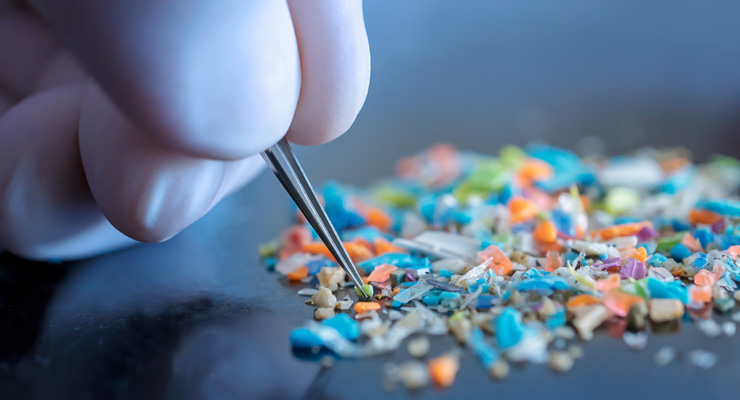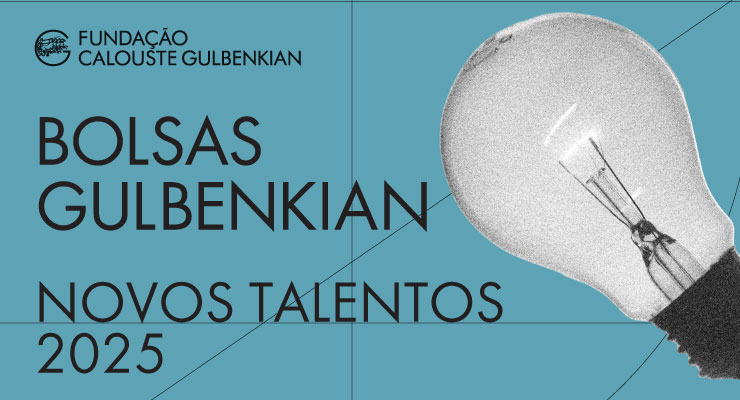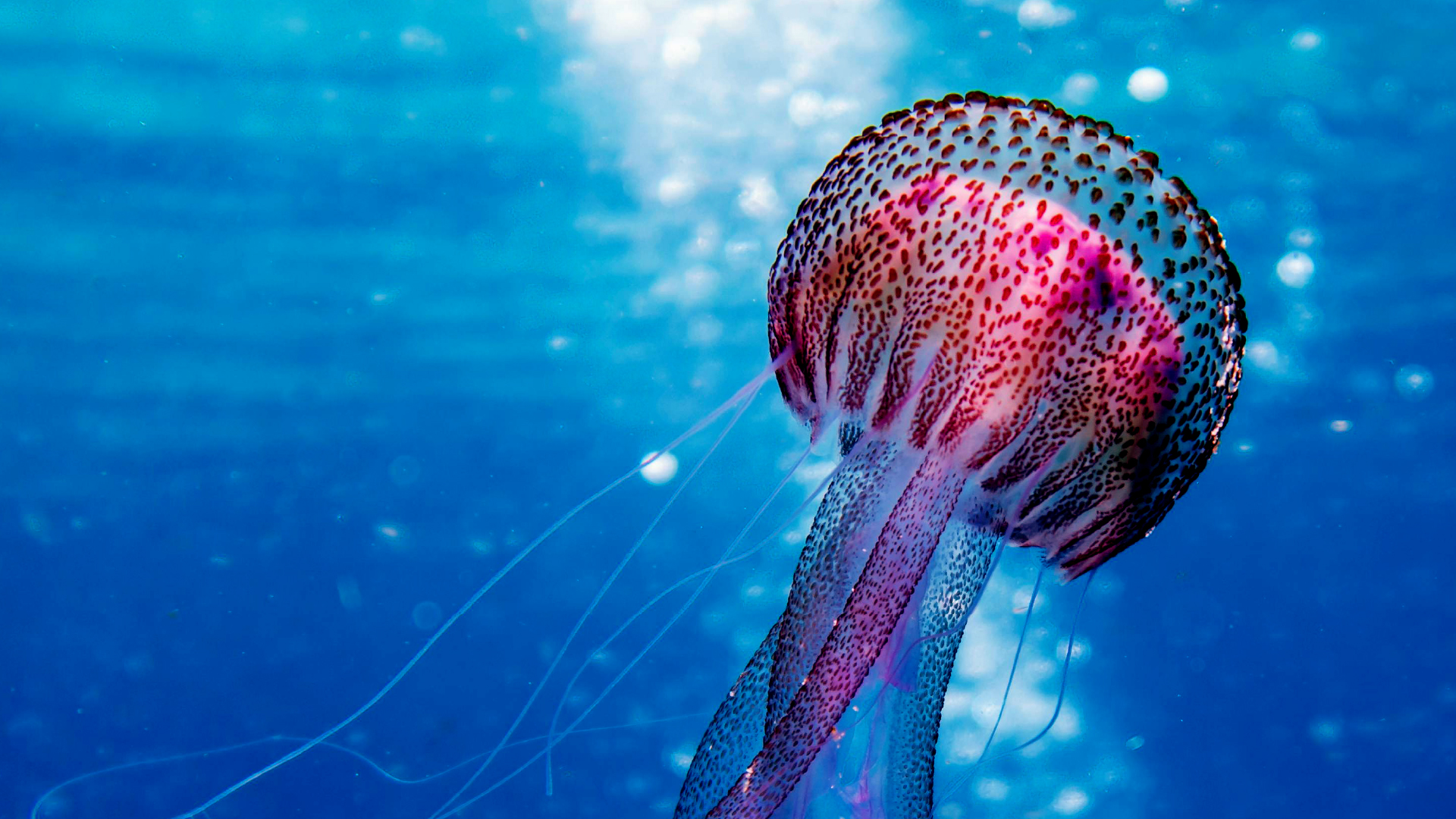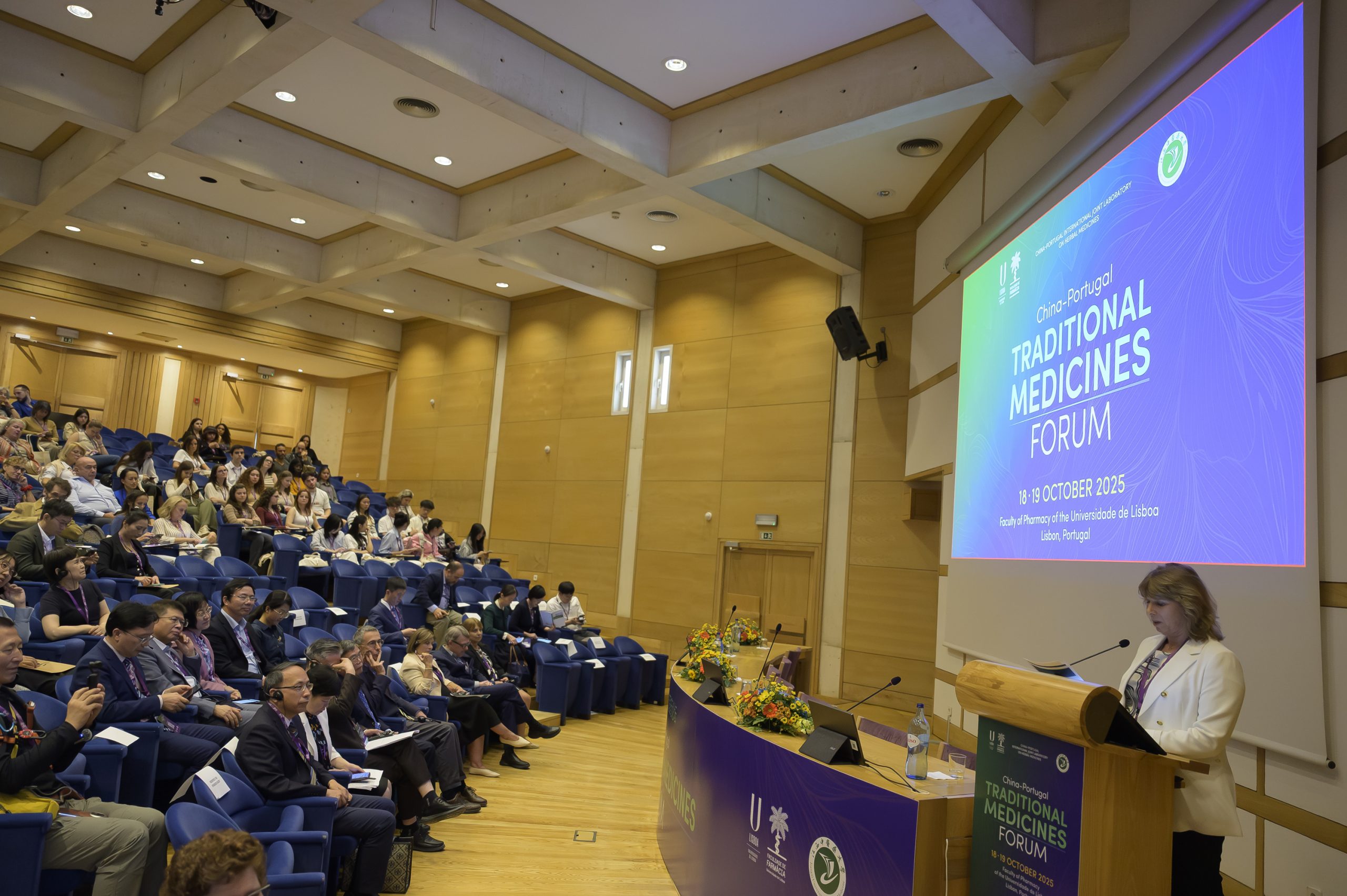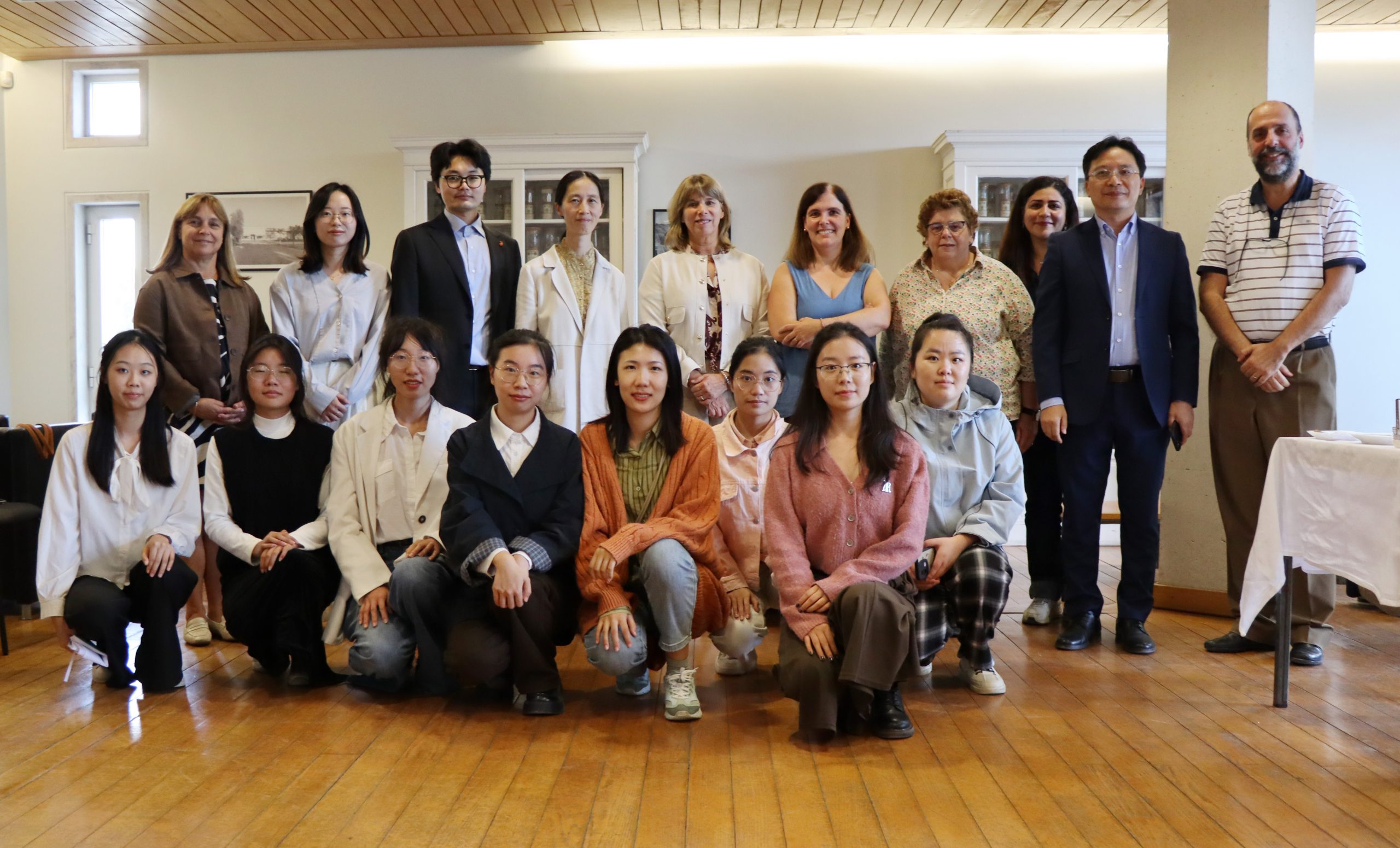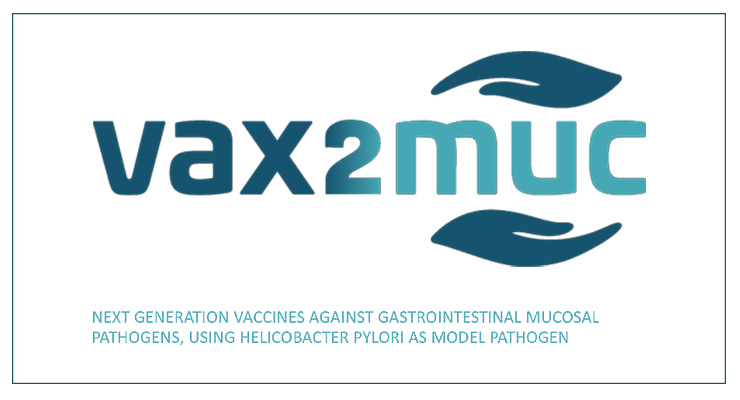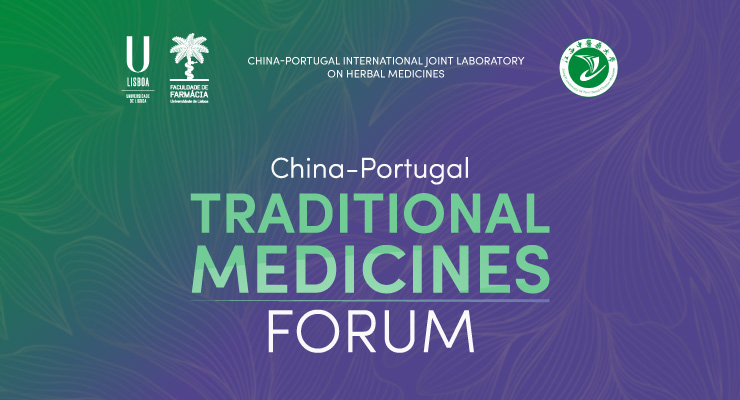“Despite their environmental persistence, plastic waste is subject to the action of the elements and micro-organisms that lead to fragmentation into smaller waste, generating micro- and nanoplastics. (…) One might think that what is known about microplastics can be transposed to nanoplastics. Not really, because the nanoscale changes the behavior of the particle and its interaction with the environment and biological systems.”
Article published by Vasco Branco, Professor at the Faculty of Pharmacy of the University of Lisbon (FFUL), in the journal Farmácia Clínica, available for consultation here.
The professor’s research group published a paper in the journal “Environmental Toxicology and Pharmacology”, showing that nanoplastics can affect intestinal and brain cells and trigger inflammatory responses in the human body. This work was carried out as part of a project funded by the Fundação para a Ciência e Tecnologia (2022.04884.PTDC; NanoPlastox – Toxicity of Nanoplastics: from intestinal inflammation to systemic effects), under his coordination at the Institute for Drug Research of the Faculty of Pharmacy of the University of Lisbon (iMed.ULisboa), in collaboration with the Centro de Ciências do Mar e do Ambiente da Nova School of Science and Technology (MARE-NOVA).

